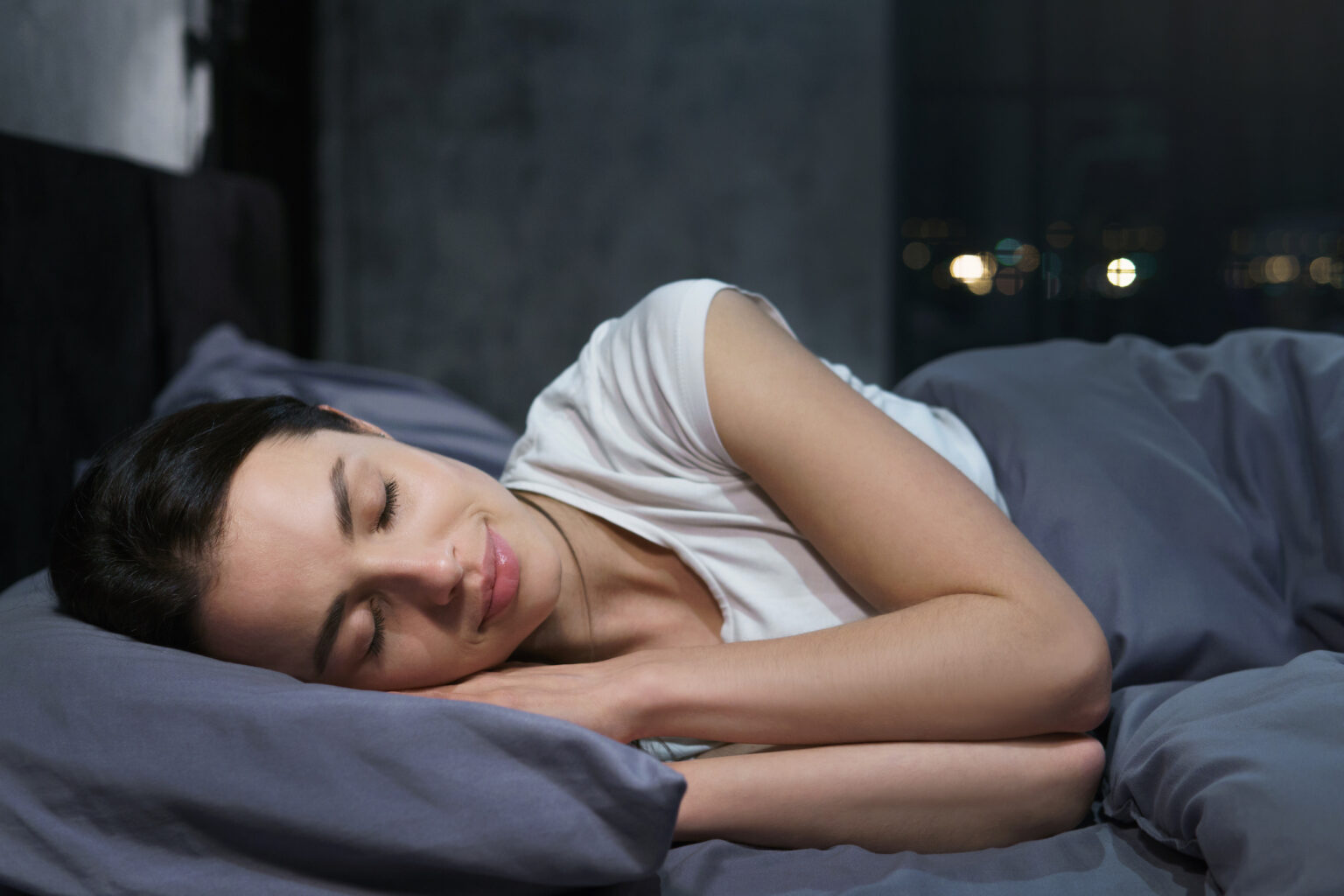If you’re struggling with restlessness or poor sleep, building healthy sleep habits can completely transform your nights and your energy levels. These habits are essential not only for better rest but also for overall mental and physical wellness.
All too often, the importance of sleep is overlooked. Our sleeping habits, good and bad, can affect every aspect of our health and vice versa. If you are not getting a good night’s sleep, you will definitely notice it affecting your physical and mental wellbeing. You can improve your sleep by adopting a few habits that are proven to help. We discuss some tips you can start with.
Keep Naps to a Minimum
Napping during the day can make it harder to fall asleep at night, especially if you are napping later on in the day. There are times when napping can help you to function throughout the rest of the day, but if you do not need to nap, don’t allow yourself. Napping should be done before the afternoon and should be no more than thirty minutes to an hour-long.
Use Your Bed Only for Sleep
While this may seem obvious, you would be surprised at how much you use your bed. Especially since the start of the pandemic, people are using their beds more and more for reasons other than sleeping and resting, such as working, reading, or other activities. The more you use your bed throughout the day, the less your brain associates it as a place to sleep. Like this, you become restless at night and your body will not recognize your bed as a place to rest and wind down.
Set an Optimal Temperature at Night
The optimal temperature for sleeping is in the high sixties. When sleeping, the room has to be cool, dark, and quiet in order for you to fall asleep and stay asleep with ease. The cooler a room is, the cooler your sheets and bedding will feel as well. This may seem obvious, but every detail can have an impact on your quality of sleep.
Exercise Regularly and Tire Your Body Out
Exercise is beneficial for several reasons, one of them being that it can improve your sleep. Even as little as thirty minutes of aerobic exercise a day can dramatically improve your sleep quality. It is best to exercise outside because exposure to natural light can help regulate sleep cycles as well. Exercise early on in the day that way your body will feel tired and ready for bed at night.
Limit Caffeine Consumption
While most working people consume coffee during work hours, the effects of caffeine can last several hours after drinking it. With that being said, you can easily throw off your afternoon, including the time you take to wind down in bed, with that cup of coffee you drink in the afternoon at work. Everyone has a different tolerance, but the less coffee, the better.
Use Natural Light to Your Advantage
In order to maintain your circadian rhythm, you need to shift your lifestyle and schedule to get enough sunlight or natural light. Your circadian rhythm is the cycle of physical, mental, and behavioral changes that a body goes through in twenty-four hours.
Our circadian rhythm is mostly affected by light and darkness. Natural light is important for mental and emotional health, therefore if you are not receiving enough natural light during the day, you may find your sleep easily disturbed. Try to set aside thirty minutes in your day to get sunlight.
Turn Off Blue Light Before Bed
Phones, tablets, laptops, and other devices that emit blue light tend to keep our brains alert, making it harder for us to wind down and fall asleep. Blue light is found to reduce levels of melatonin in our bodies, which is a chemical that controls our sleep and wake cycle. When melatonin levels fall, you will find it more difficult to fall asleep. Even keeping your phone near you when you sleep can affect your sleep, so make sure to keep the usage of these devices to a minimum before bed.
Be Mindful of What You Eat or Drink
You do not want to go to bed too hungry or too full. In fact, you want to have a meal at dinnertime that is just enough to keep you full, not feeling the need to eat right before bed. The discomfort that comes from being too hungry or too full can keep you up at night. It is especially important to avoid nicotine, caffeine, and alcohol, considering their effects can take hours to wear off.
Incorporate Stress Management and Meditation Into Your Daily Routine
Everyone deals with worries and stress, but we all have to learn to manage this area of our health that way it doesn’t start to affect our sleep. To manage stress, you can take a couple of minutes out of every day to practice mindful meditation. Mindful meditation helps to ease anxiety and control feelings and thoughts of stress.
Learn More About the Science Behind Sleep with a Doctor
Dealing with sleepless nights or other health concerns? Call us to make an appointment with the professionals at Healthonomic, today, and we can take a look at where your health stands.
